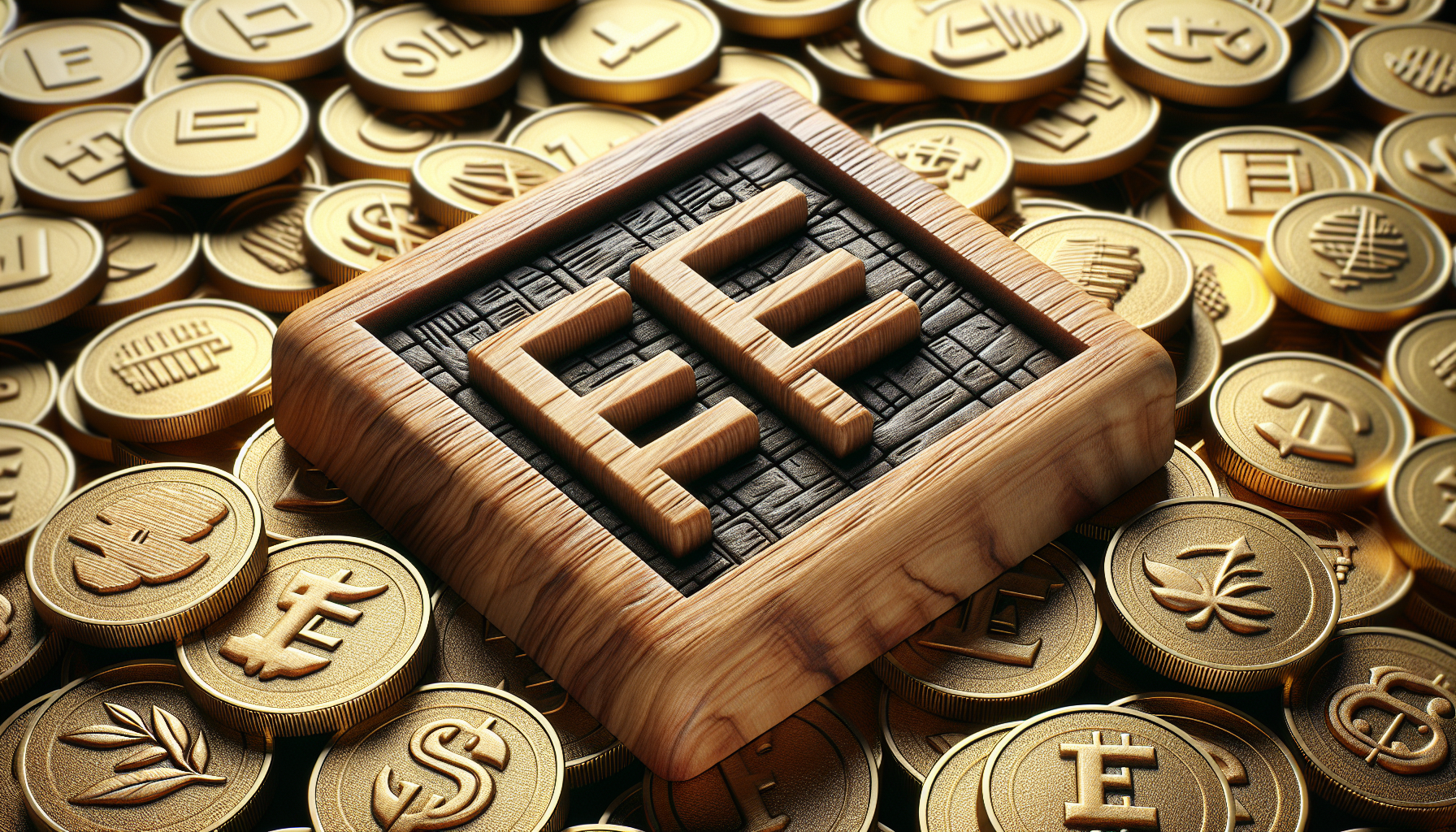
tl;dr
Venezuela’s economic freefall has turned cryptocurrencies into a lifeline for millions, as citizens and businesses increasingly embrace digital assets to navigate hyperinflation, currency collapse, and restrictive government policies. From bustling markets to university classrooms, crypto is reshapi...
Venezuela’s economic freefall has turned cryptocurrencies into a lifeline for millions, as citizens and businesses increasingly embrace digital assets to navigate hyperinflation, currency collapse, and restrictive government policies. From bustling markets to university classrooms, crypto is reshaping the country’s financial landscape, even as political tensions and sanctions complicate its rise.
**A Currency in Crisis, a Crypto Revolution**
The bolívar’s collapse has been brutal. Since October, the currency has lost over 70% of its value, with inflation hitting 229% in May, according to the Venezuelan Finance Observatory. Low wages, foreign currency shortages, and a banking system plagued by corruption have left many Venezuelans scrambling for alternatives. “We started using cryptocurrencies out of necessity,” said economist Aarón Olmos, highlighting the desperation fueling adoption.
For Victor Sousa, a shopper in Caracas, crypto is no longer a curiosity. He recently paid $0.9999 in USDT for phone accessories, a transaction that feels increasingly common. “There’s lots of places accepting it now,” he told the Financial Times. “The plan is to one day have my savings in crypto.” His story mirrors a national shift: small family stores, large retail chains, and even universities now accept crypto via platforms like Binance and Airtm. Some businesses even pay employees in stablecoins, a move that shields workers from the bolívar’s daily devaluation.
**Adoption Soars, But Challenges Remain**
Venezuela’s crypto adoption has surged, ranking 13th globally in the Chainalysis 2024 Crypto Adoption Index—a 110% jump in usage over the past year. Yet access is uneven. U.S. sanctions on Venezuela’s financial sector have forced platforms like Binance to restrict services tied to sanctioned banks and individuals. Meanwhile, inconsistent internet connectivity and limited digital literacy hinder broader adoption.
The government’s own crypto experiments have been equally mixed. In 2018, Venezuela launched the petro, a state-backed digital currency tied to oil reserves, but the project collapsed last year amid skepticism and technical failures. In 2023, the country’s main exchange regulator was shut down following corruption allegations linked to oil transactions, further eroding trust in official financial systems.
**Remittances and Resilience**
Crypto remittances have become a critical lifeline. In 2023, digital assets accounted for 9% of Venezuela’s $5.4 billion in remittances, or about $461 million. Families increasingly prefer crypto over traditional services like Western Union, which are bogged down by high fees, delays, and currency shortages. For many, crypto offers a faster, cheaper way to send money across borders—a stark contrast to the slow, unreliable systems of the past.
**A Tenuous Balance**
Despite these gains, Venezuela’s crypto ecosystem remains fragile. The U.S.-Venezuela standoff has escalated, with Washington deploying an amphibious squadron of warships, a missile cruiser, and a nuclear-powered submarine to the Caribbean. Venezuela’s defense minister responded by sending naval vessels and drones to patrol its coasts. Meanwhile, the Trump administration has doubled the reward for capturing President Nicolás Maduro to $50 million, signaling a deepening geopolitical rift.
As the country grapples with economic chaos and political instability, cryptocurrencies offer a glimmer of hope—but also a reminder of the challenges ahead. For Venezuelans like Sousa, the dream of securing savings in crypto is a step toward financial independence. Yet, as sanctions tighten and the bolívar continues its freefall, the path forward remains uncertain.
In this volatile environment, one thing is clear: crypto is no longer a fringe option in Venezuela. It’s a necessity—and a testament to the resilience of a people determined to outlast a collapsing economy.